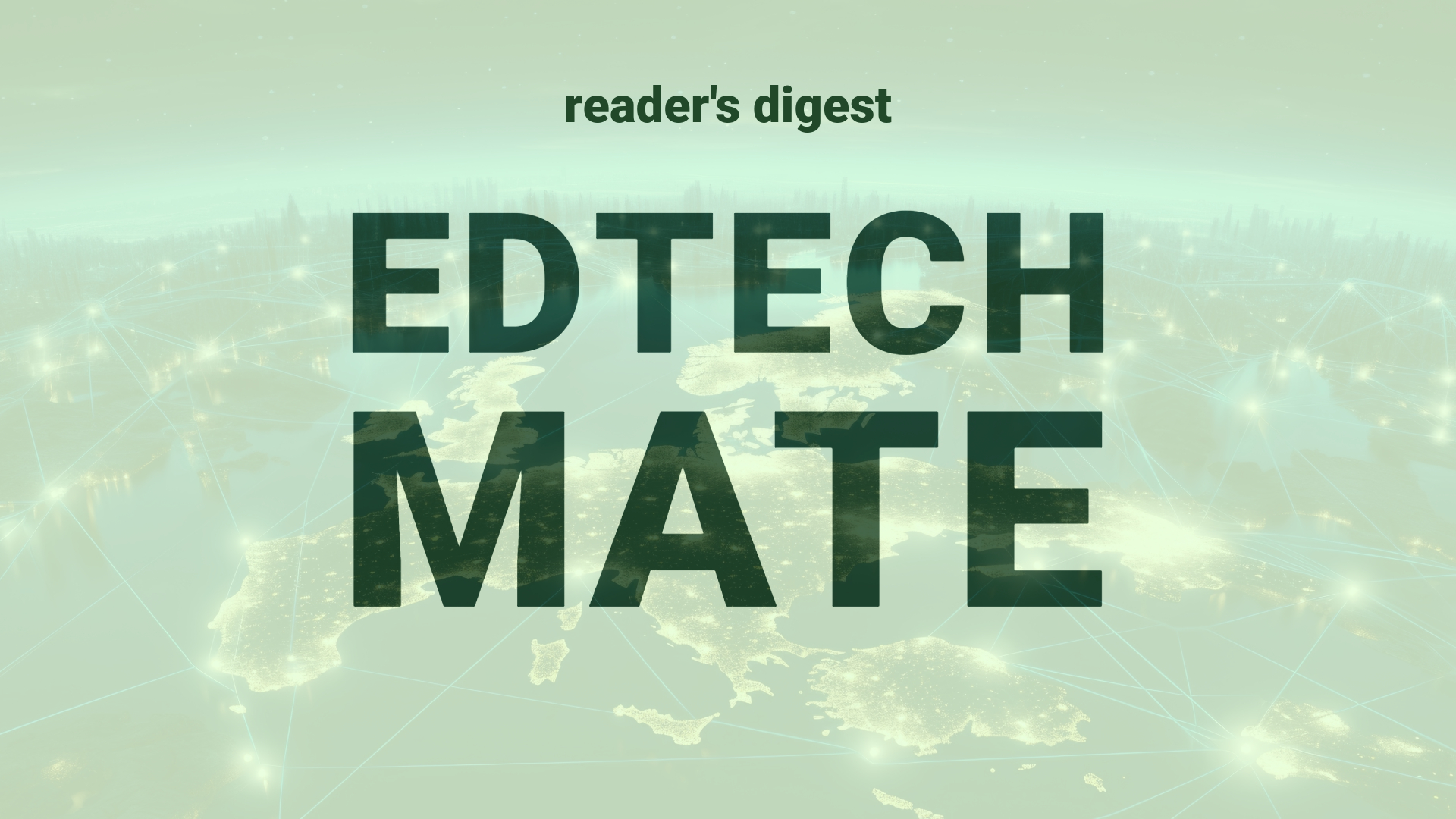“`html
Executive Summary and Main Points
The contemporary workplace landscape sees leaders taking on the additional role of ‘toxin handlers,’ engaging deeply in the emotional well-being of their employees. Leaders are now dealing with non-work-related burdens, such as employee mental health, family issues, and burnout on a scale nearly equivalent to work-related matters. The responsibility for emotional support, however, is not evenly spread; it concentrates on the toxin handlers, who thus contribute significantly to organizational effectiveness by mitigating negative emotions. While crucial, these efforts may lead to compassion fatigue, burnout, and reduced effectiveness if not managed properly.
Potential Impact in the Education Sector
In Further and Higher Education, leaders functioning as toxin handlers could develop empathetic environments conducive to innovation and learning. Micro-credentials may benefit from toxin handlers who facilitate collaborative partnerships and digital integration, lessening the emotional distress that could hinder the adoption of new technologies. Strategic partnerships that include emotional support structures have the potential to enhance the level of support provided to both educators and learners, improving retention and program success.
Potential Applicability in the Education Sector
AI and digital tools can be deployed in global education systems to provide personalized student support, thereby reducing the emotional burdens shouldered by toxin handler leaders. For example, AI-driven chatbots can provide first-level emotional support or direct students to appropriate resources, allowing leaders to focus on more complex issues. Digital wellness platforms could also promote self-care among educators, preventing compassion fatigue and burnout.
Criticism and Potential Shortfalls
A critical viewpoint may question whether leaders should act as emotional buffers, potentially eroding professional boundaries. Comparative case studies might show inconsistencies in how different educational cultures recognize and reward toxin handlers, affecting morale and job satisfaction. Ethical considerations arise regarding privacy and the handling of sensitive information, especially when digital tools are involved, which might not align with all cultural contexts.
Actionable Recommendations
International education leadership should consider training programs geared towards emotional intelligence to better equip leaders to handle these complex roles. Additionally, educational institutions could incorporate digital tools to monitor and support employee wellbeing, while establishing community support groups to share the burden. Policy development should focus on recognizing and formally integrating toxin handling into leadership roles, emphasizing sustainable practices to prevent leader burnout and promote overall organizational health.
“`
Source article: https://hbr.org/2024/06/when-your-team-offloads-their-stress-onto-you

